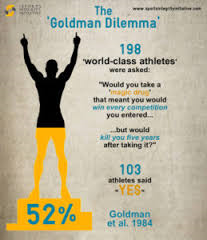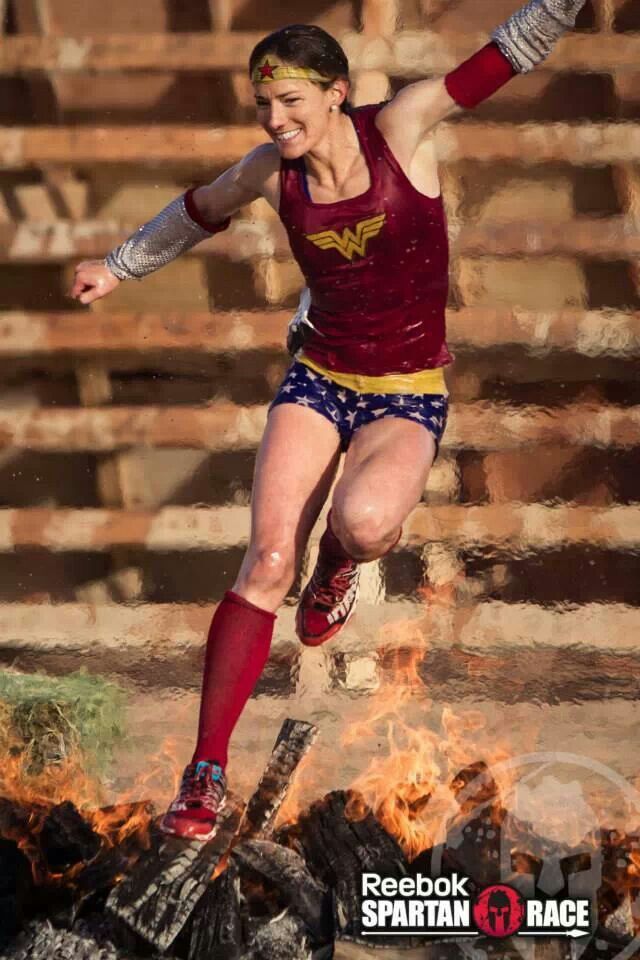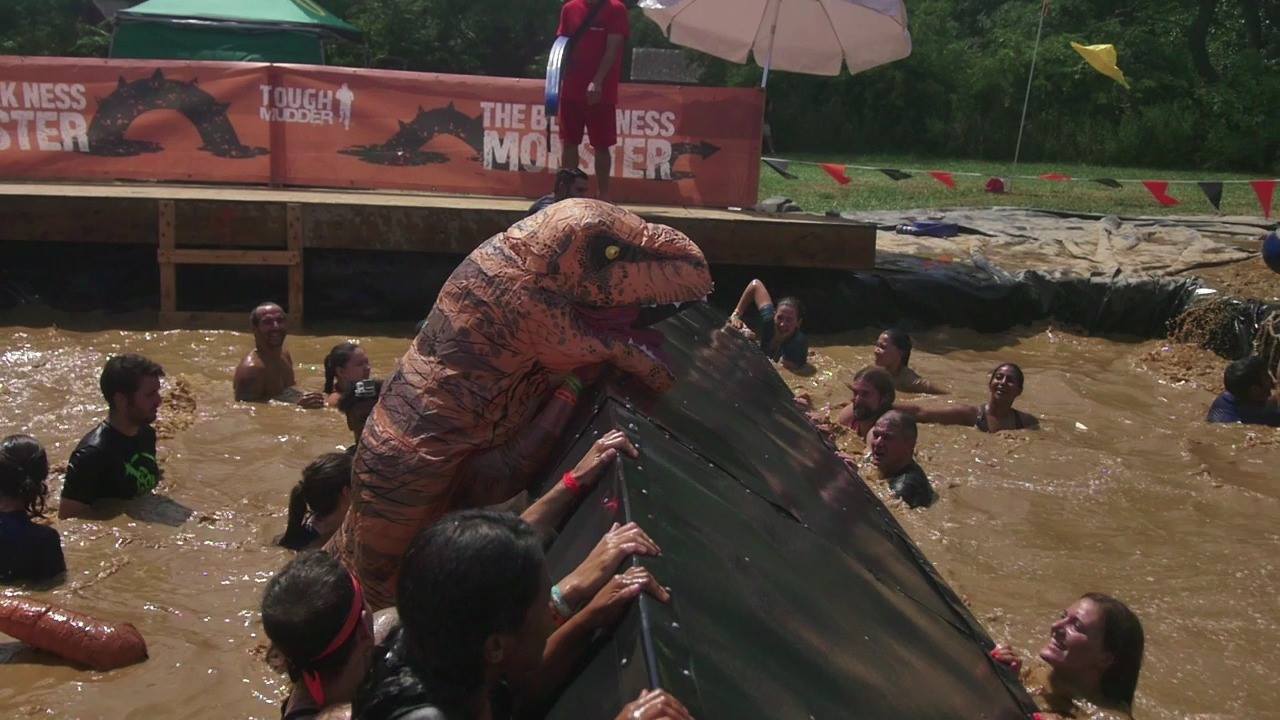If you missed the first article The Olympics: Let’s Set Some Expectations, click on the link and read that one now. While the last article focused on tampering expectations, I do think the Olympics will bring in some negative aspects that people have not considered. Here is what I think will be the negative aspects of the Olympics.
Doping:
I would say doping is present in any Olympic sport that involves strength or speed. OCR requires the ability to do both well. Perhaps doping is already here in our sport and we are just unaware of the problem. I know OCRWC drug tests their podium athletes plus a couple of others and Spartan talks about it every year but I am yet to hear of them actually following through with it (although I would be shocked if they don’t follow through this year since they are now in a partnership with Inside Tracker, who test your blood for various biological markers). One thing is certain though, if OCR was in the Olympics, doping would increase. Just take a look at some of the history of track events: The Dirtiest Race, 1988 Men’s 100m Finals and Top 10 Doping Scandals. If that doesn’t convince you, look at this study of World Class athletes, the Goldman’s Dilemma. The short version is if athletes could take a drug to guarantee an Olympic gold, without getting caught, but would kill them five years after taking it, over half said they would do it.
Standardization:
One thing that is guaranteed at the Olympics is events are standardized and repeatable. This allows committees to set standards and compare a performance in Australia with one happening in Europe and one in America. On the positive side things like standard weight/shape sandbags, buckets and logs would be introduced. On the negative side, say goodbye to trails, obstacle innovation, ski mountains and rigs with changing holds. However, it is not all bad, this standardization and centralized control would only be for obstacle races that feed into the Olympics and would not affect 99.9% of the athletes. Think of it like track still has all their standard events, but trail running is still a sport. Both are running, but one is in the Olympics and the other is not.
Included in this standardization will be a lack of mud. This is not technically a huge downer for the Olympics, but I just want to point out that the event seen on TV will not be what you and I have grown to love. To make the event more spectator friendly, more easily filmed and standardized (as explained above), I imagine it will be run on a track just like steeple chase or closer to this popular YouTube video of Chilean Soldiers training on an Obstacle Course.
Centralized Control:
If Rose Wetzel wants to race dressed like Wonder Woman, we all think that’s cool. If you want to wear an inflatable T-Rex costume and try to win a Tougher Mudder event, that’s also great. If the event is an Olympic qualifier, there will be centralized control regarding what you can and can’t wear. Centralized Control has some positive aspects, but it will remove some of the “crazy/fun” from the sport that gives OCR its personality.
I am still forOCR into the Olympics, but perhaps there is a better way and I think snowboarders might have the answer…
Disclaimer: The viewpoints expressed by the authors do not necessarily reflect the opinions, viewpoints and official policies of Mud Run Guide LLC, or their staff. The comments posted on this Website are solely the opinions of the posters.





The Olympic committee is corrupt. So much tax payer money is stolen to build projects for the Olympics that then get ignored post Olympics and fall apart. OCR in all its variations is what makes it special. Americans are fatter than ever although there are numerous sports in the Olympics. Can’t figure out Joe Dessena’s hard-on for the Olympics is
All the above points are well made, however I do slightly disagree with the standardisation to some extent. Some Olympic Events do change in each cycle, so OCR could too.
Take for example, the Men & Womens Road Cycling events, in Rio 2016, a fairly hilly course favoured climbers (V Nibali) while in London 4 years previous, the course was fairly flat and favoured the sprinters (M Cavendish). In reality, neither favourite medalled, but both races were excellent and only enhanced road cyclings place in the Olympics.
Just because an event is in the Olympics, doesn’t mean it needs a standard course. A standard course is only valuable if you need a World Record, but that isn’t compulsory for the Olympics – think Tennis, Badminton, Road Cycling and Kayaking.
Obstacles could also change, think of the innovation over the last 4 years (an Olympic cycle), some really good stuff has been put out on courses worldwide. There’s nothing to suggest we won’t be able to get new and exciting obstacles over another 4 year span.
There’s a long way to go, and personally I don’t think DeSena is the one to get us into the Big Event, but let’s hope OCR can get there without giving up too much of it’s ethos and originality.
Overall, great set of articles! Thank you!